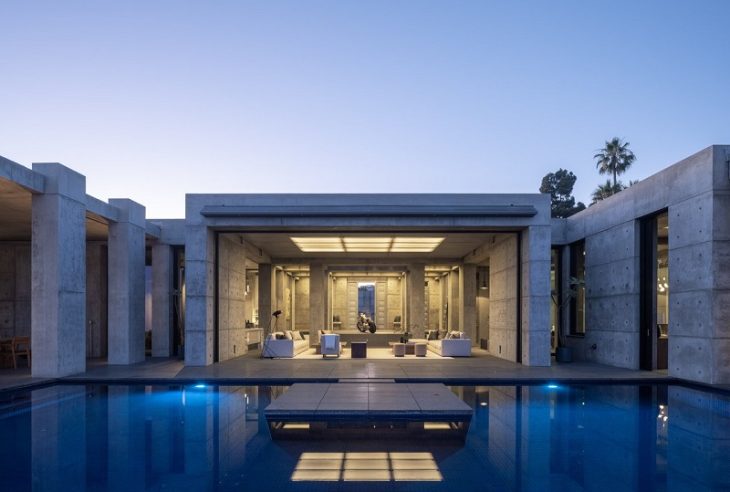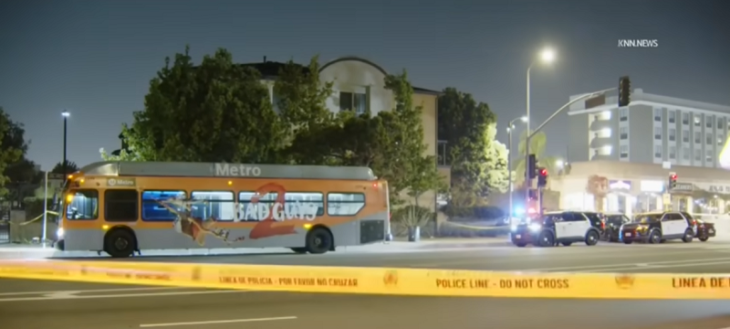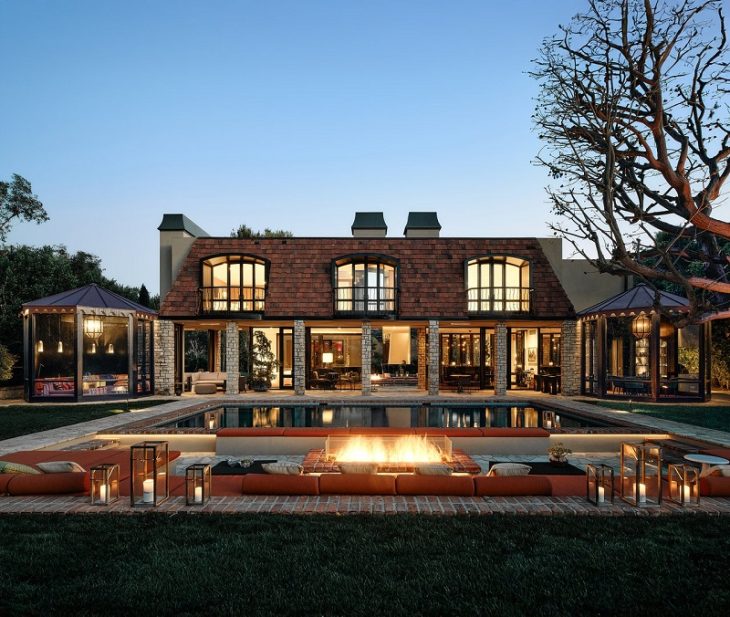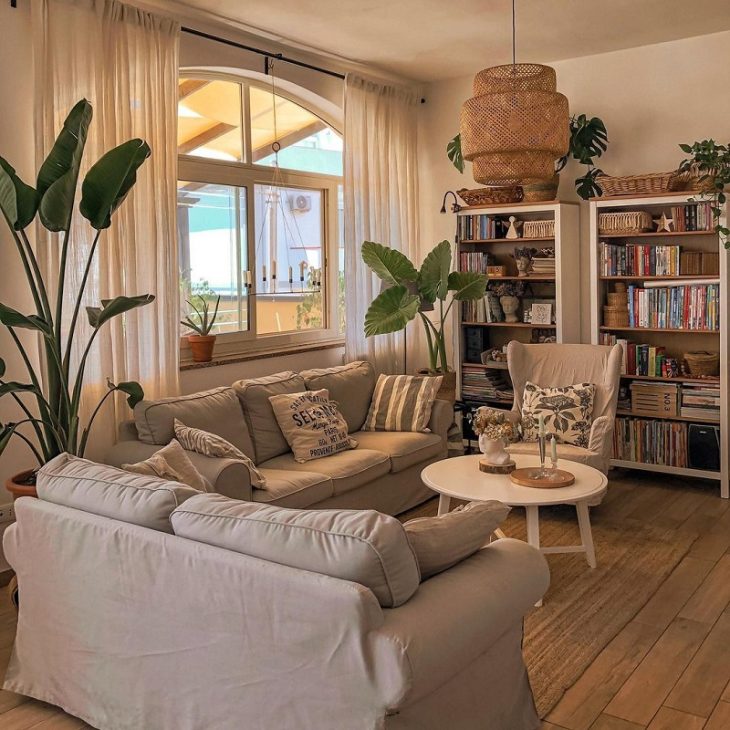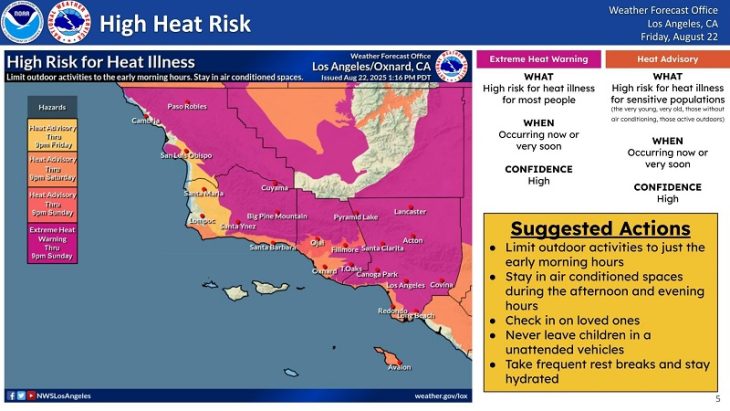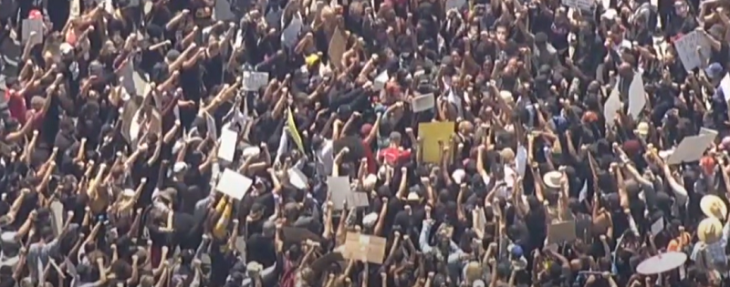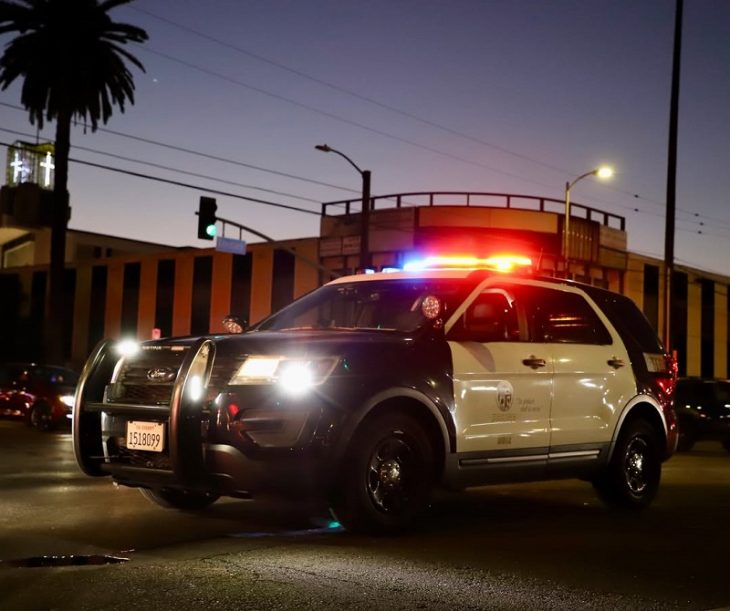
The Los Angeles City Council could decide today whether it will support an effort to bring the 2024 Summer Olympic Games to Los Angeles.
The City Council’s Ad Hoc Committee on the 2024 Summer Olympics backed an agreement last week that would show the United States Olympic Committee that the city of Los Angeles is committed to pursuing a bid to host the Games, but the full council was given extra time to review bidding documents that were delivered to the city last week.
The “joinder” agreement was requested by the United States Olympic Committee, which has until Sept. 15 to submit a proposed U.S. bid city to the International Olympic Committee.
Los Angeles initially lost the opportunity to bid to Boston but regained it after the East Coast city backed out over concerns about financial liability.
The Olympics bid effort was greeted with excitement by many council members last week, including Councilman Joe Buscaino, who earlier this year expressed disappointment on Twitter at Boston being initially chosen.
“I’m fired up over this bid,” Buscaino said of this second chance.
But some city officials and residents have urged caution in pursuing the bid, saying the city could be on the hook for cost overruns incurred by hosting the Olympics, which boosters of the bid estimate as costing about $4.6 billion to run.
Time has also been limited for Los Angeles, which is being given only a few weeks to review the pact before the IOC’s Sept. 15 deadline — compared with the several months that Boston had to study the idea.
Last week was also the first time many city leaders and analysts were able to review a 200-page draft bid book and a proposed contract between the USOC and LA24, the nonprofit formed to pursue the bid and potentially manage the games if Los Angeles is picked as the host city.
LA24 chair Casey Wasserman, a businessman and philanthropist, assured the committee last week that he believed “that this can be and will be the most responsible Games possible.”
The ad hoc panel voted in favor of the effort after revisions were made to the agreement to clarify that the city will still have the opportunity to negotiate a more comprehensive “host city contract” at a later date.
City attorneys told the panel that by backing the bid effort today, the city will not be exposed to any major financial obligations or liabilities.
Council President Herb Wesson said that with the changes to the agreement, “we’ve given ourselves more time.”
City analysts said last week that based on the information given to the city so far, “it is difficult to determine the fiscal impact and risk to the city of hosting the 2024 Games at this time.”
A preliminary review of the budget appeared to show that one of the major capital projects, the Olympic Village, “may significantly exceed the projected $1 billion,” City Administrative Officer Miguel Santana and Chief Legislative Analyst Sharon Tso wrote in a report Thursday.
The analysts said more than half of the budget may go toward just remediation and relocation costs.
These and other questions have been raised as to whether the budget is an accurate estimate of the potential costs, and whether it is financially prudent for the city to agree to pay for any cost overruns. Other cities that have hosted the Olympic Games have routinely signed onto this promise to pay for overruns.
Supporters of the Los Angeles bid have said the city will more likely see a surplus, saying that unlike other cities, Los Angeles already has many of the needed sporting venues in place.
LA24 officials estimate the cost of hosting the 2024 Olympics in Los Angeles would be $4.1 billion, or $4.6 billion when a roughly $400 million contingency fund and insurance are included.
They project revenue from the Games will bring in $4.8 billion, resulting in a profit of $161 million going to LA24.
The budget anticipates that the International Olympic Committee will contribute $1.5 billion or 31 percent of the revenue, with domestic sponsorships and ticket revenue making up the other two-thirds. The bid packet also included details about how the Olympics might be operated.
The Olympic Village would be next to the Los Angeles River in Lincoln Heights — in a Union Pacific rail yard known as the “Piggyback Yard” — and calls for track-and-field and the opening and closing ceremonies to be held at a renovated Los Angeles Memorial Coliseum.
The bid also designates sports venue clusters in downtown Los Angeles, Hollywood, the San Fernando Valley, coastal areas like Santa Monica, the area around UCLA and the South Bay.

